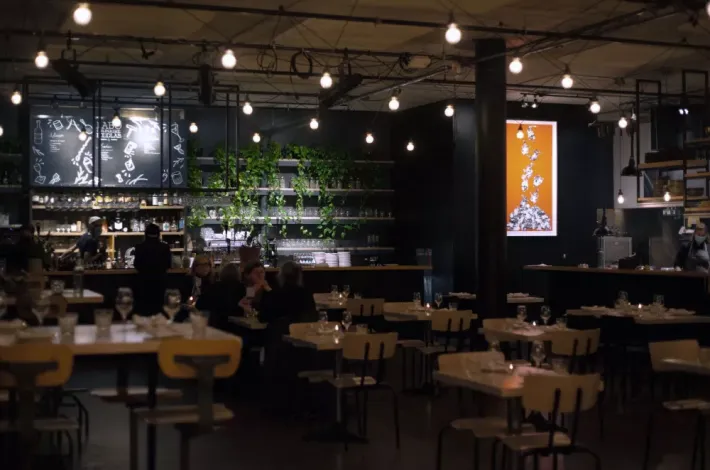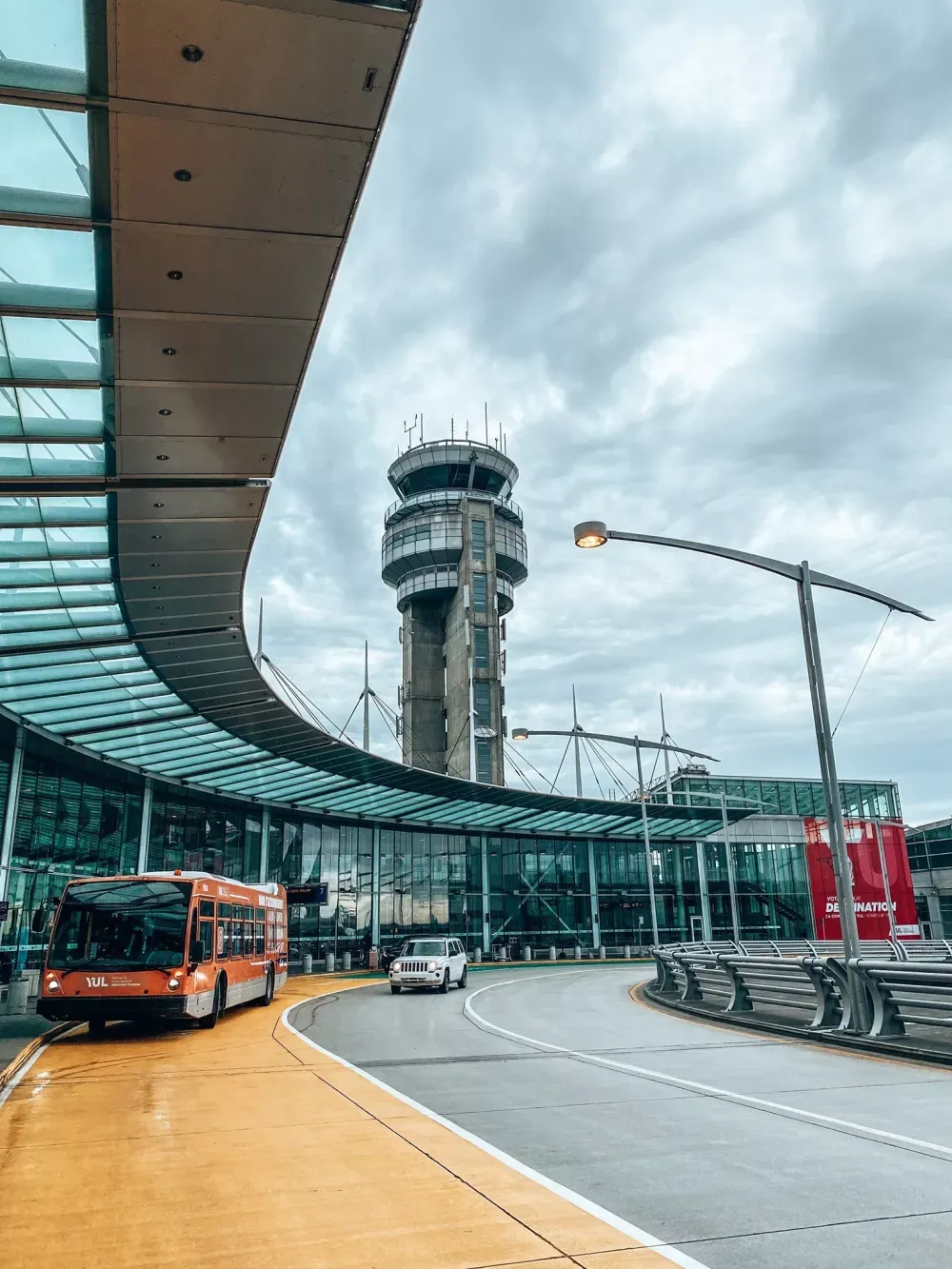
At work, Sustainable development
The Society for Arts and Technology chooses RNG to reduce its greenhouse gas emissions
For several years now, reducing greenhouse gas (GHG) emissions has been a priority for ADM Aéroports de Montréal, the organization responsible for the management, operation and development of YUL Montréal-Trudeau International Airport and YMX International Aerocity of Mirabel.
To reduce its carbon footprint, ADM has used Énergir as its provider for renewable natural gas (RNG), a clean energy source produced from organic waste. In 2020, the company purchased an initial 50,000 m3 of RNG for the boilers that heat the main building at the Montréal-Trudeau International Airport.
“We do a lot of work on stationary sources and in particular on the four boilers at the airport, which comprise a critical energy station. An increase in renewable natural gas consumption of a few percentage points therefore has a significant impact on reducing our GHG emissions and meeting our targets,” explained Jonathan Roy, ADM’s Assistant Director, Operations and Comfort Services.
The use of renewable natural gas has another positive impact on reducing GHG emissions at YUL. As ADM has been enrolled in Hydro-Québec’s Demand Response program since the fall of 2020, it receives financial assistance in exchange for reducing electricity demand during peak periods.
“To reduce our electricity consumption, we had to use diesel generators, which increased our emissions by about 60 tonnes of CO2, but using RNG for our boilers has reduced our emissions by 90 tonnes—meaning we have a negative carbon footprint. By purchasing enough RNG, we can reduce our energy consumption during peak periods and GHG emissions at the same time,” said Jonathan Roy.
While reducing YUL’s GHG emissions involves a range of measures (electrification of vehicles, optimization of heating, ventilation and air conditioning systems, replacement of lighting, sealing of walls and doors, etc.), it is the sum of these efforts that will enable ADM to achieve its objectives. One thing is certain: the organization intends to increase its RNG purchases in the coming years.
In fact, Énergir has just shifted into high gear, increasing the volume of renewable natural gas in its system by 125% between 2021 and 2022 alone, and is now able to offer RNG to any customer who wants it. The company is not stopping there and aims to meet the government’s targets of injecting RNG at 5% of the volume of gas distributed by 2025–2026 and 10% by 2030.
“ADM is transforming to actively contribute to YUL’s sustainable development. At the same time, Énergir is developing a supply that meets this reality with renewable natural gas. It’s a win-win solution,” concluded Roy.